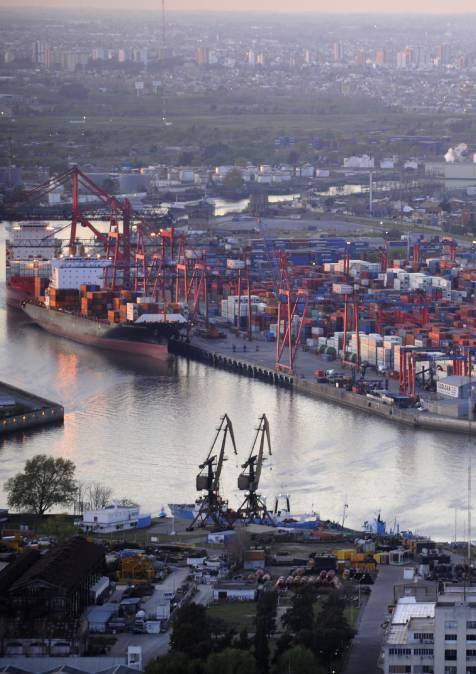Podcasts
Brazil's economy and participation in global governance
Related topics:
After the highly polarized 2022 presidential elections, Brazil's political landscape remains influenced by regional voting patterns and lingering divisions. In this episode, Ottaviano Canuto provides a detailed analysis of Brazil's economic trajectory. He examines the increasing influence of parliament in shaping fiscal policy and its impact on infrastructure development. Canuto also discusses the country's industrial strategies and the challenges of achieving sustainable economic growth while addressing pressing climate change issues. As Brazil assumes the G20 presidency, Canuto reflects on its leadership potential, particularly in areas like food security, poverty alleviation, and fostering greater cooperation across the global South. This episode offers valuable insights into the complex political and economic dynamics shaping Brazil today, both domestically and internationally.











